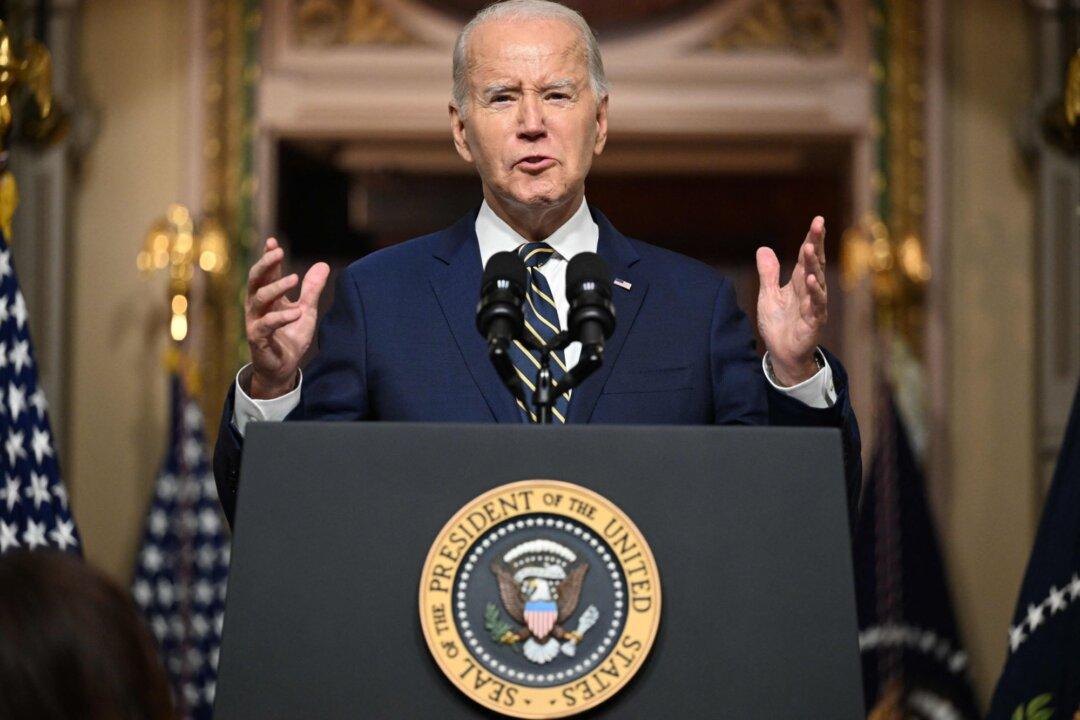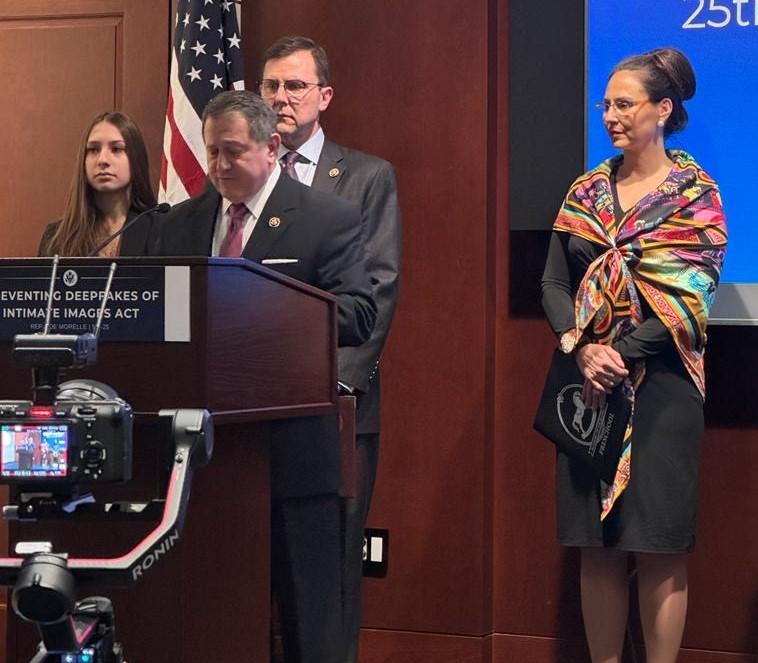A constitutional rights organization filed a lawsuit on Aug. 4 in a federal court to block the activation of the Biden administration’s new student loan income-driven repayment plan.
The New Civil Liberties Alliance (NCLA) filed the complaint on behalf of the Cato Institute and Mackinac Center for Public Policy in the U.S. District Court for the Eastern District of Michigan.





